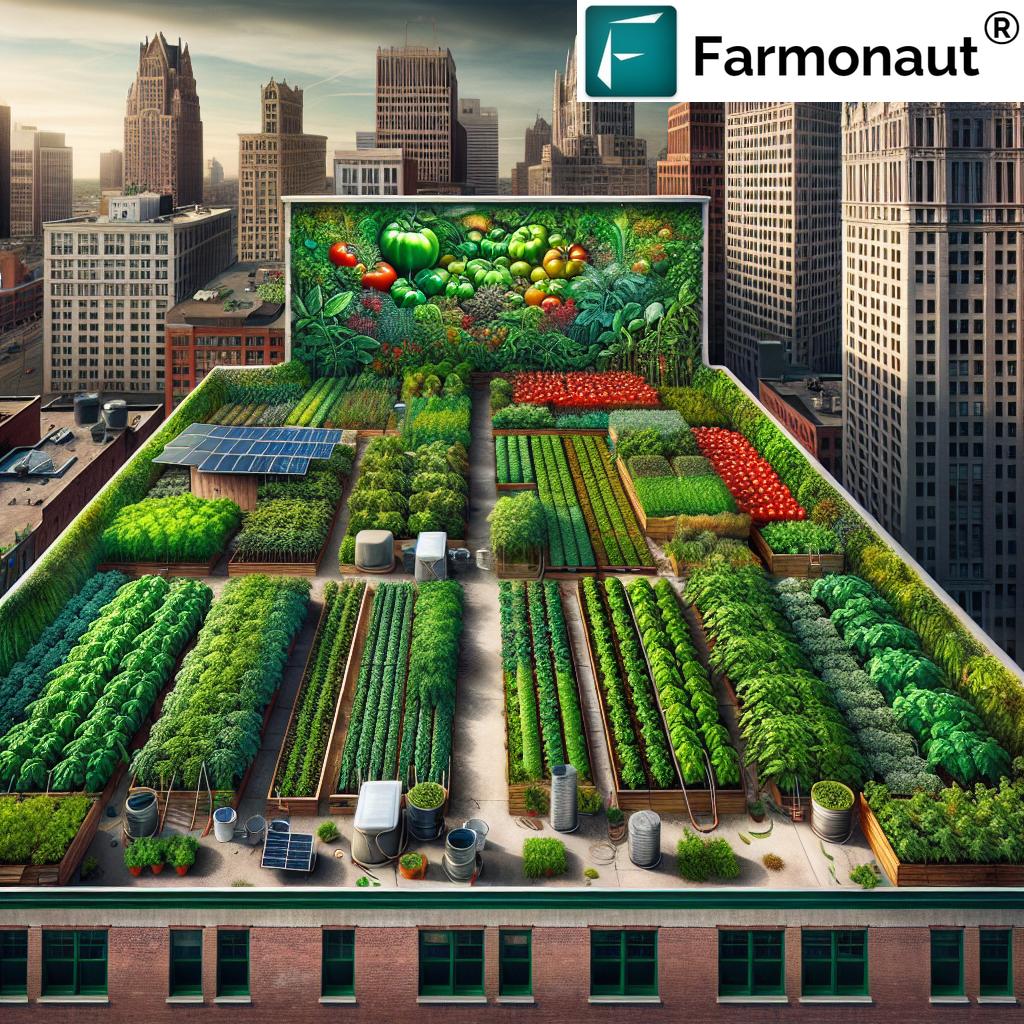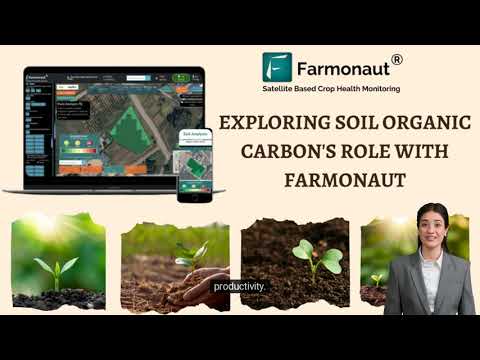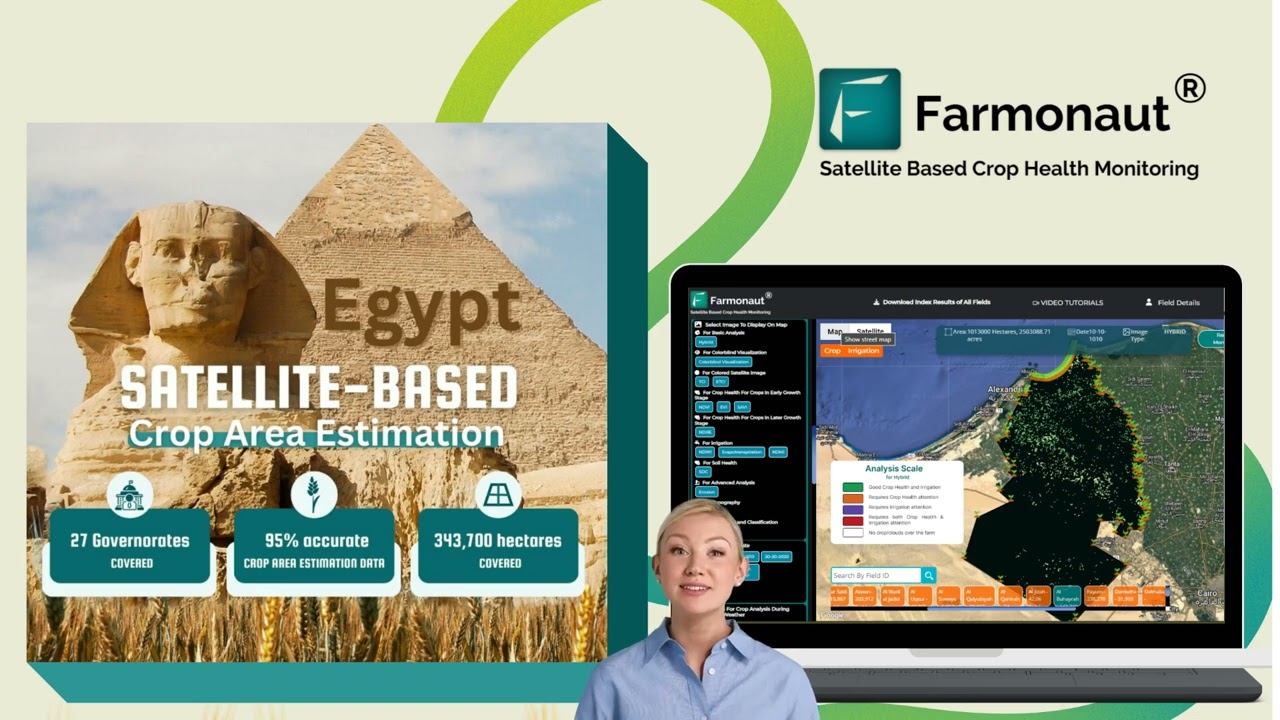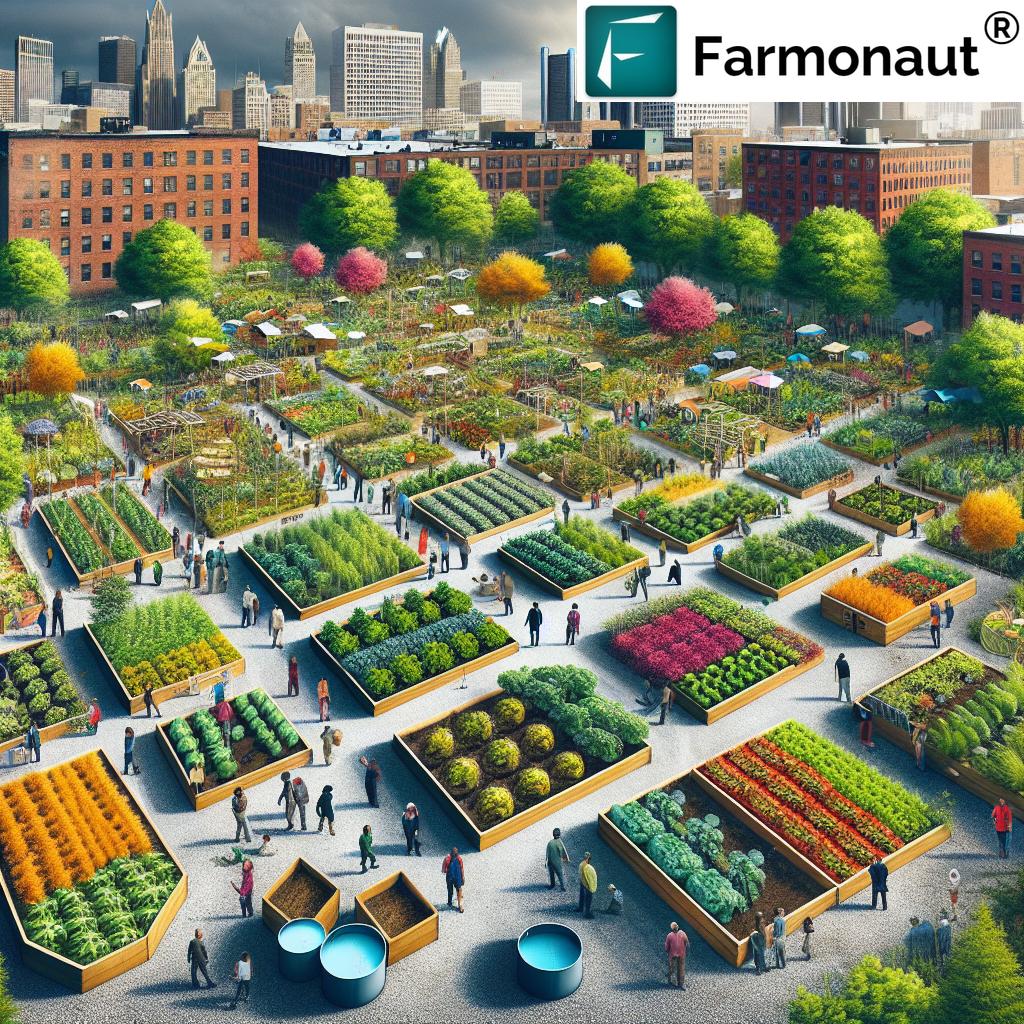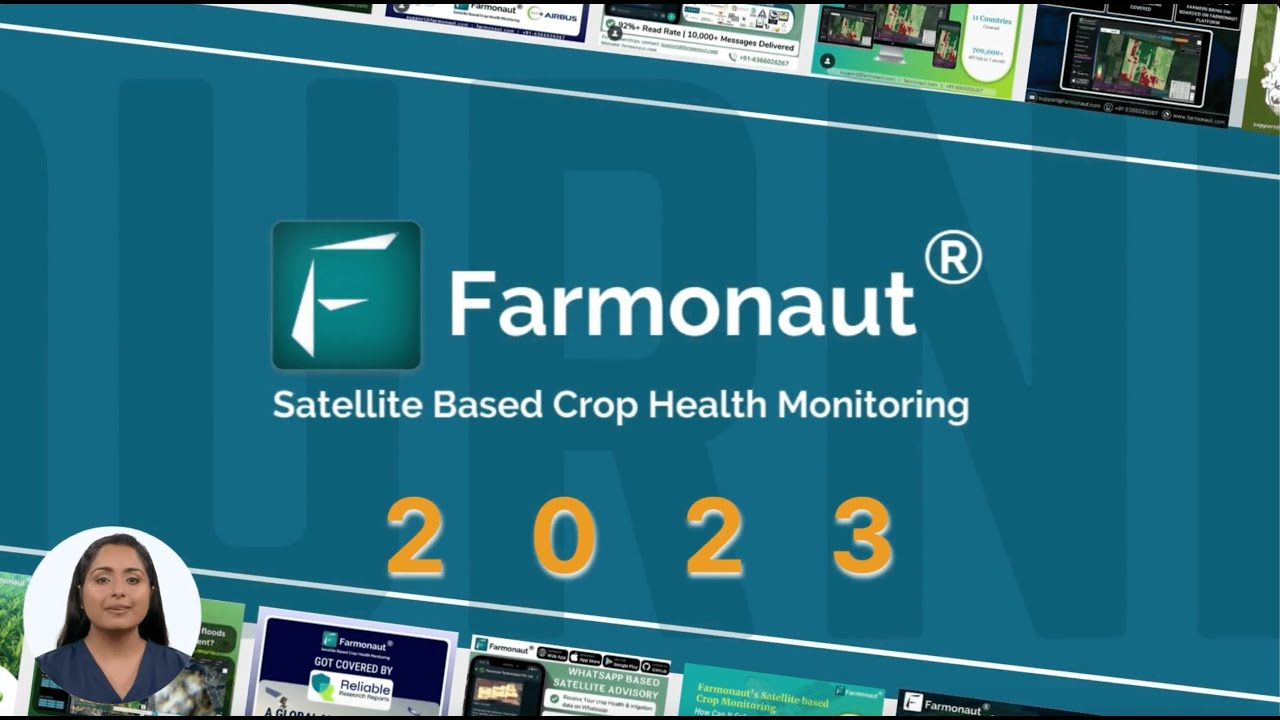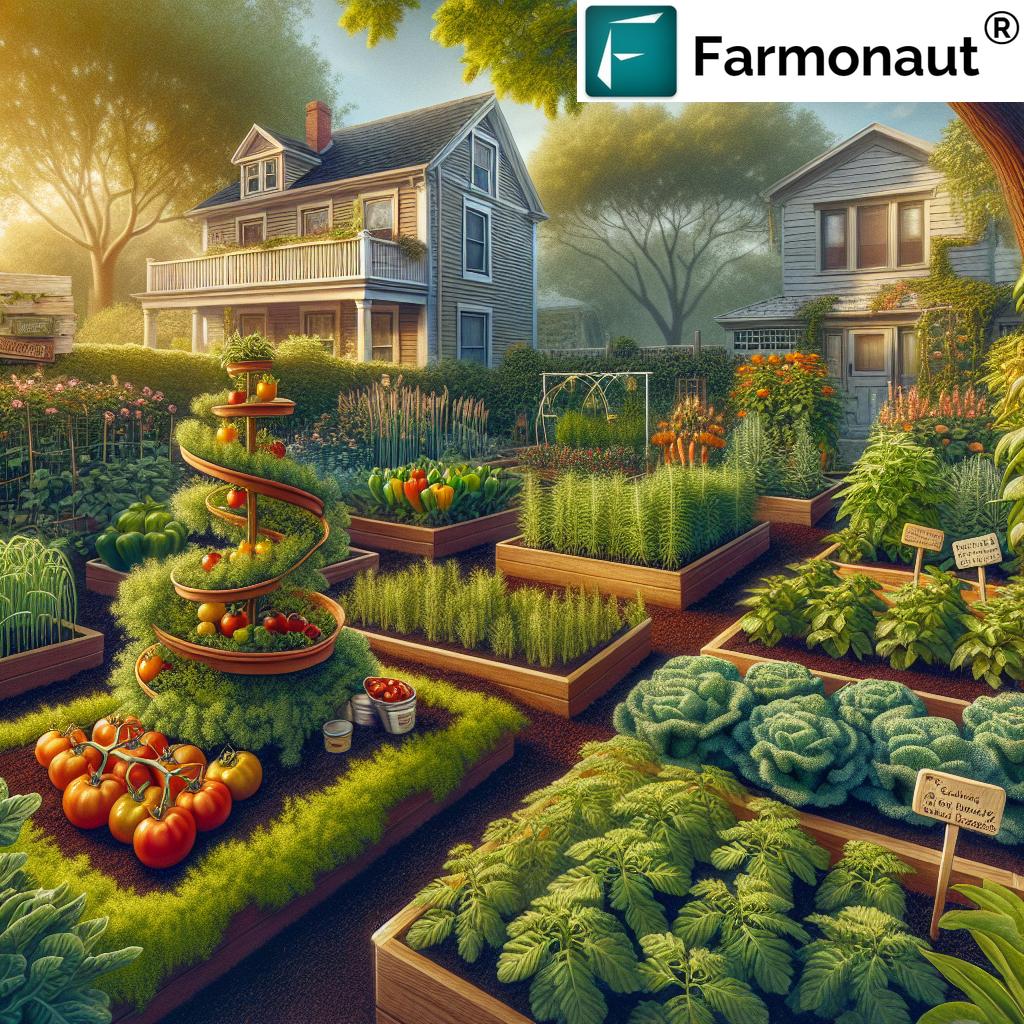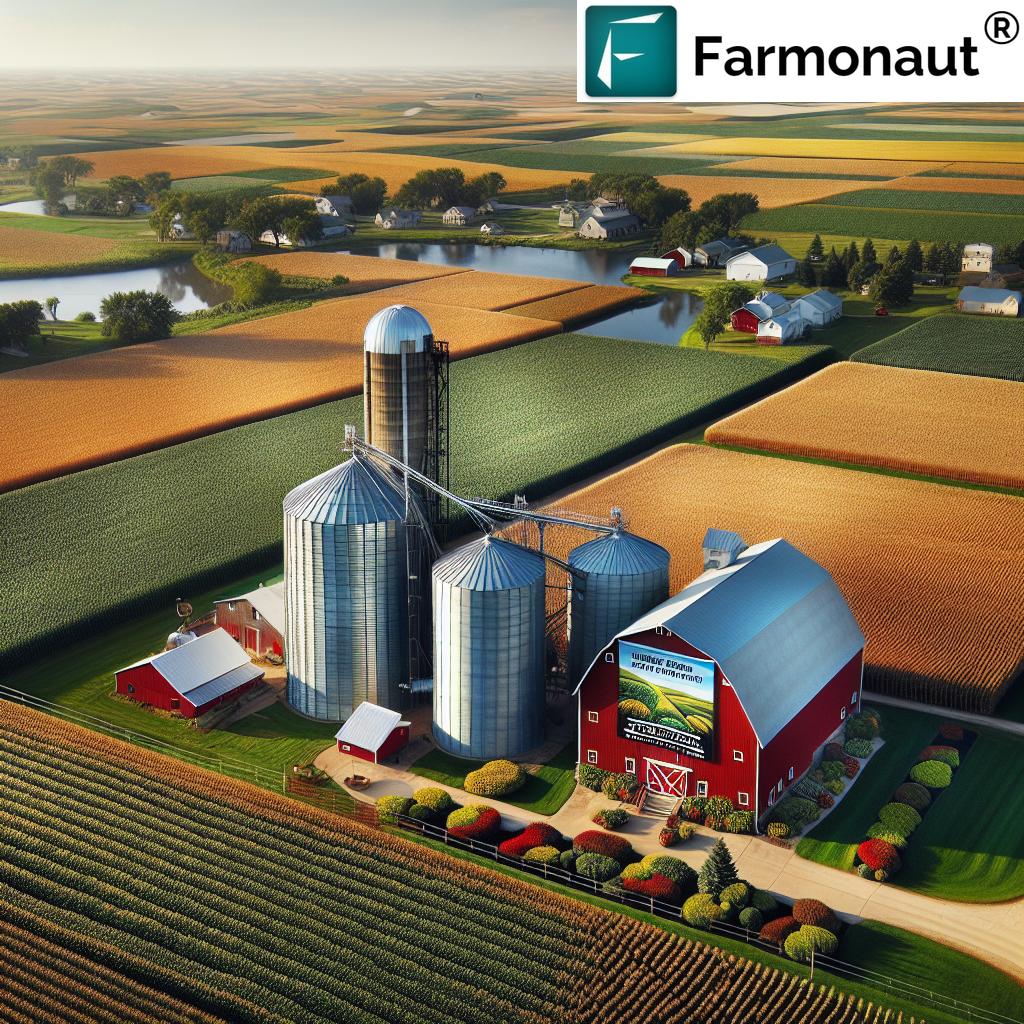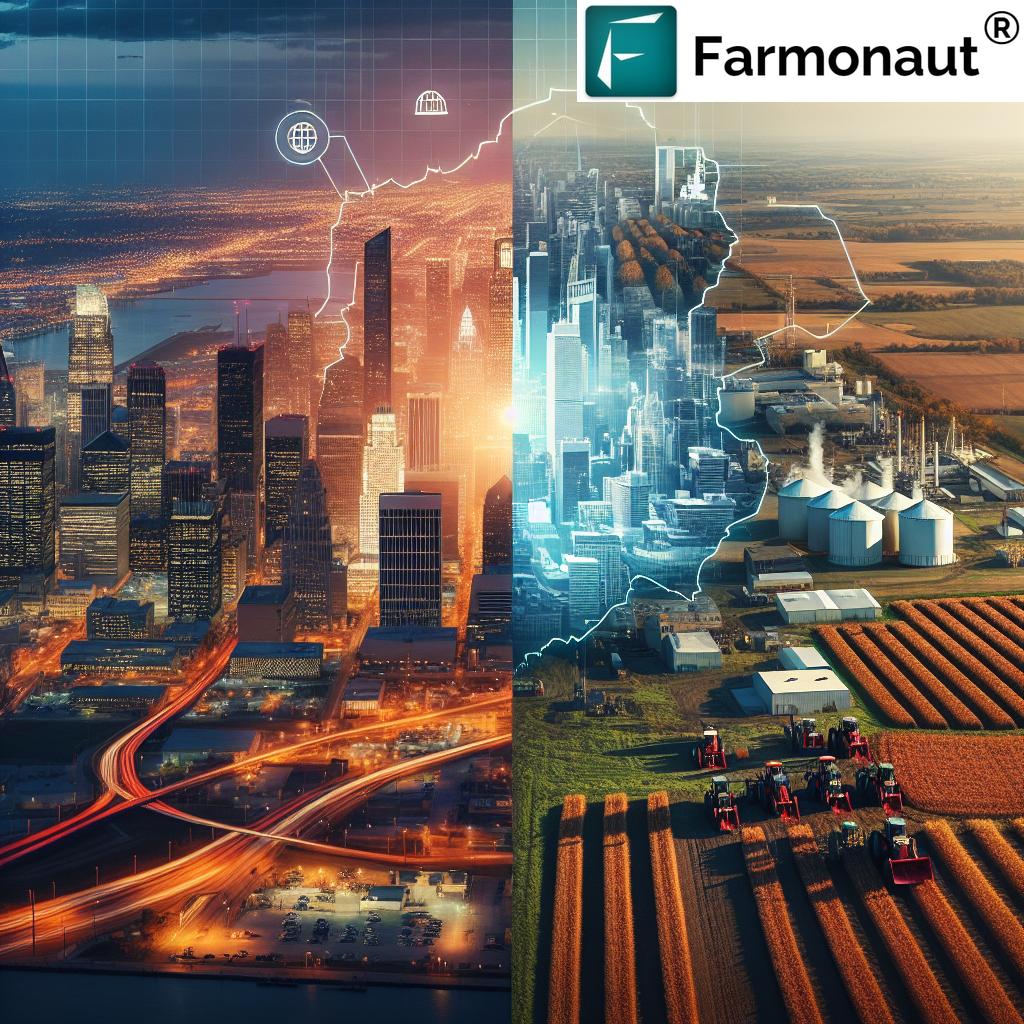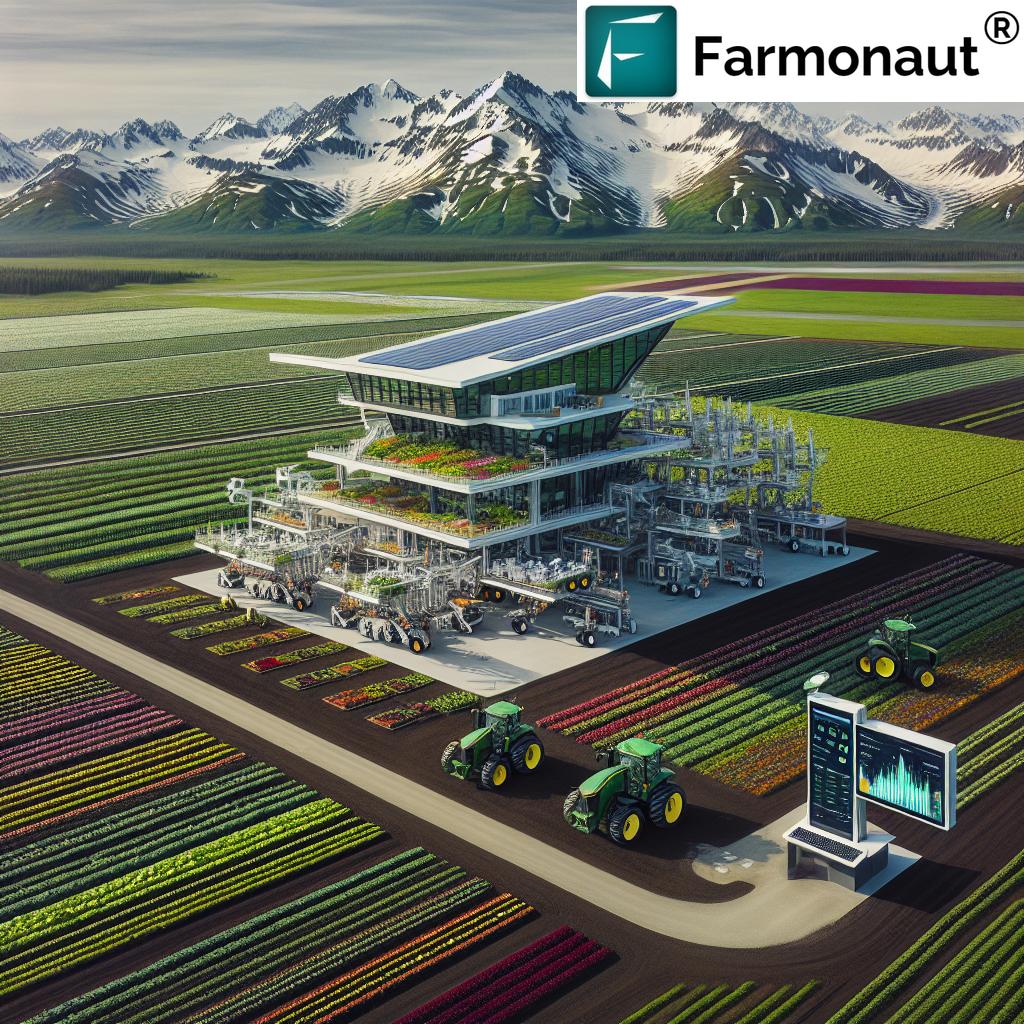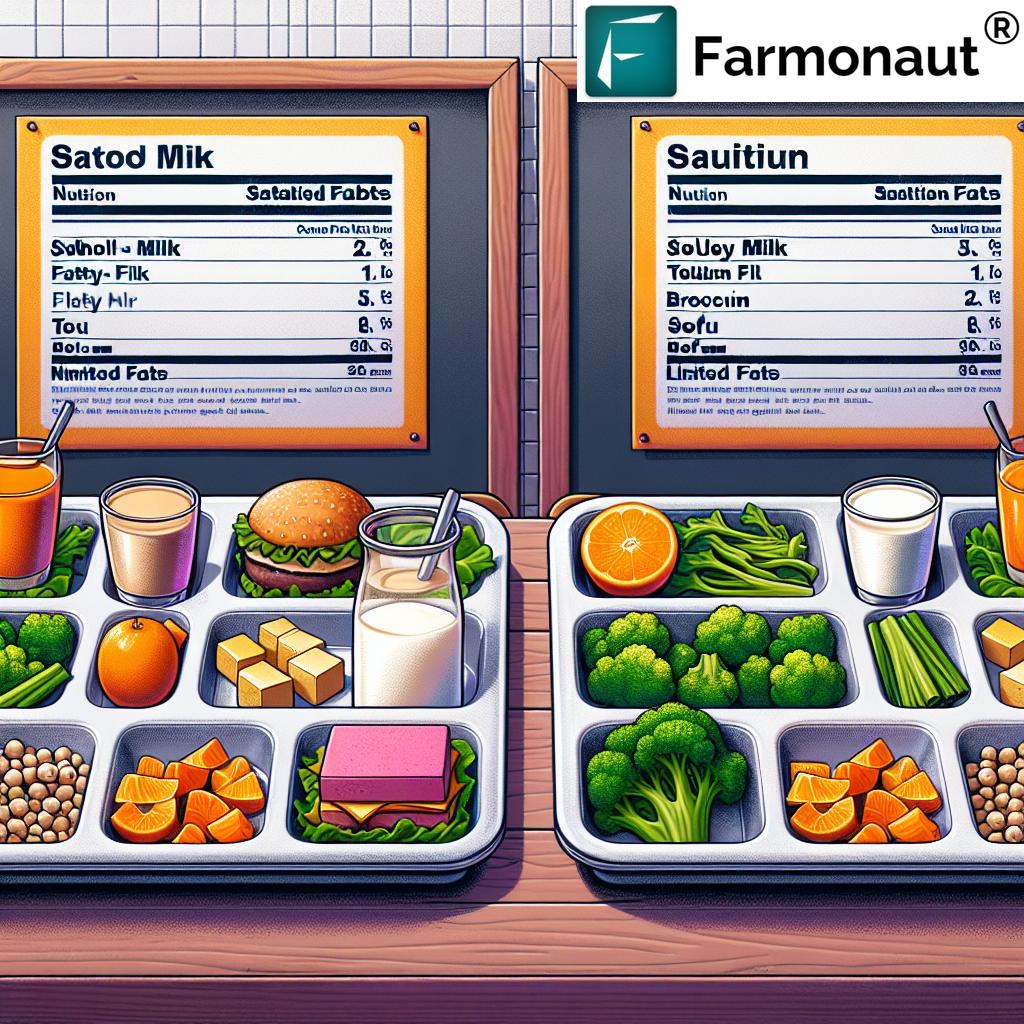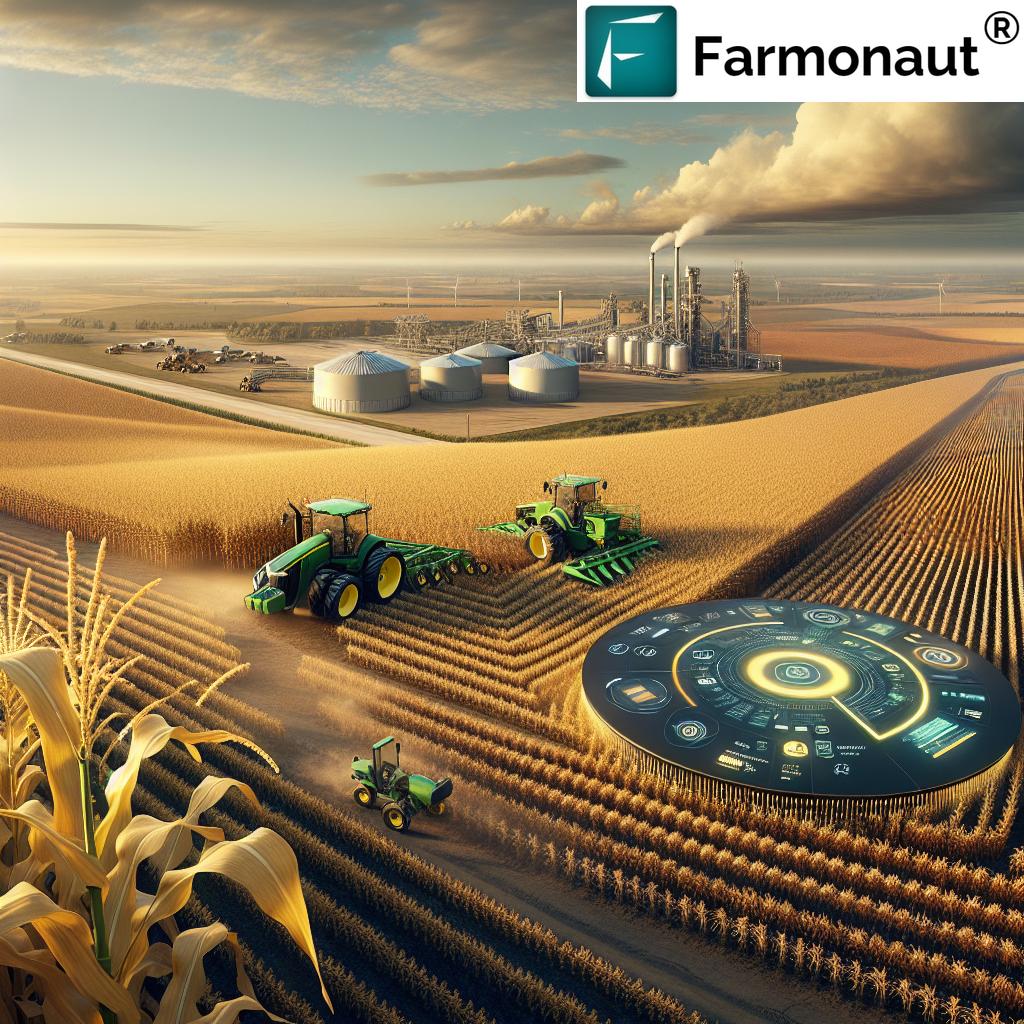Urban Gardening Secrets: Detroit’s Citylife Transformed!
Introduction: The Urban Gardening Movement in Detroit
As city dwellers striving for a more resilient and vibrant lifestyle, we’re witnessing the transformative rise of urban gardening—a practice that goes far beyond simply growing plants in city spaces. In Detroit, urban gardens have become powerful symbols of renewal, sustainability, and community innovation.
Our modern cities, once dominated by concrete, asphalt, and vacant lots, now increasingly boast lush green spaces—from expansive community gardens to innovative vertical gardens and rooftop gardens. These efforts address pressing challenges such as food security, environmental sustainability, and public health, weaving the threads of agriculture, forestry, and farming practices directly into Detroit’s urban fabric.
In this comprehensive guide, we’ll delve deeply into the secrets of urban gardening in Detroit, exploring its historical roots, various types, key benefits, common hurdles, and smart agricultural strategies. Along the way, we’ll showcase how advanced technology (like that from Farmonaut) and sustainable urban agriculture principles can propel city life towards a greener, healthier, and more inclusive future.
Historical Context & Evolution of Urban Gardening
The concept of urban gardening is as fascinating as it is age-old. Over the decades, urban areas have repeatedly turned to gardens and local agriculture to bolster food supplies and community spirit in times of need.
- World War II Victory Gardens: During challenging periods such as World War II, Detroit and other cities witnessed a surge in “victory gardens.” These were citizen-led plots established to supplement food supplies when imports and rural farming were under stress. They helped combat crises and fostered a tradition of city-based agriculture.
- Post-War Decline & Modern Resurgence: After the war, many urban gardens dwindled, but recent decades have seen a remarkable resurgence, driven by the urgent need to counter food deserts, promote sustainable living, and reconnect urban dwellers with nature and each other.
In cities like Detroit, this evolution has been shaped by economic, environmental, and social challenges—each catalyzing innovative urban gardening practices that pave the way for greener, more adaptive communities.
Types of Urban Gardening: Nurturing Green Spaces in Cities
Let’s explore the vibrant array of urban gardening types revitalizing Detroit’s urban landscapes:
-
Community Gardens
These shared plots are the heart of urban agriculture. Residents, groups, and local organizations come together to cultivate plants, grow food, and foster a sense of engagement. In Detroit, vacant lots and public land have been transformed into productive, collaborative spaces that address food deserts and build stronger communities.
Example: The Greening of Detroit’s many community gardens brighten city neighborhoods—reconnecting citizens with soil, seasons, and each other.
-
Rooftop Gardens
Strapped for land? We leverage the flat rooftops of city buildings, schools, and commercial properties, maximizing limited space and combatting the urban heat island effect. Rooftop gardens insulate buildings, reduce cooling bills, and provide nutrient-dense produce—while creating serene green havens high above the city bustle.
-
Vertical Gardens
Think living walls: By growing plants on vertically suspended panels, we transform blank urban walls into lush, living structures. Vertical gardens are perfect for Detroit’s compact or dense neighborhoods, making efficient use of tight city environments while enhancing aesthetics and improving air quality.
-
Indoor Gardening
Not all cultivation happens outdoors! Using containers, hydroponics, or aquaponics systems, we’re cultivating plants inside offices, schools, and homes—allowing for year-round food production regardless of external conditions. This approach is essential in locations with harsh winters like Detroit.
-
Urban Agroforestry
Creating food forests by integrating trees and shrubs into gardening systems, we mimic natural ecosystems. Detroit’s food forests yield fruits, nuts, and perennial edibles, supporting urban biodiversity and ecosystem services. (Learn more on urban agroforestry)
-
Foodscaping
By blending edible plants into ornamental landscapes, we create beautiful and functional spaces that provide both food and visual delight. (Explore more at foodscaping.)
The Benefits of Urban Gardening
Why are Detroiters flocking to urban gardens and sustainable agriculture? Let’s unpack the multifaceted benefits that make this movement so transformative.
Environmental Impact
- Biodiversity Enhancement: Urban gardening creates habitats for pollinators, birds, and beneficial insects, promoting biodiversity across otherwise sterile city landscapes.
- Climate Mitigation: Cities like Detroit are heating up. Gardens help cool city blocks, reduce the urban heat island effect, trap carbon, and manage stormwater runoff. (Explore more: Urban Farming & Gardening)
- Waste Reduction: Community gardens excel at composting—in Detroit alone, tons of organic waste are diverted from landfills each year, closing the loop on the urban food system.
Social and Health Benefits
- Community Building: Shared gardening spaces foster social engagement, cultural exchange, and a sense of ownership. Neighbors become collaborators, friends, and mentors.
- Mental Health Improvement: Interacting with nature, digging soil, and watching plants grow lowers stress and boosts well-being, combating challenges like urban isolation.
- Nutritional Access: Urban gardens in Detroit deliver fresh, nutrient-rich produce directly to communities—addressing food insecurity in underserved areas.
Economic Advantages
- Job Creation: Detroit’s gardening movement supports employment in farming, education, and environmental initiatives—vital for local economic resilience.
- Fostering Local Economies: Locally grown food sold at neighborhood markets keeps dollars circulating within Detroit, promoting sustainable consumption.
Comparative Benefits Table: Urban Gardens vs. Traditional City Spaces
| Feature | Urban Garden (Estimated Values) | Traditional Space (Estimated Values) |
|---|---|---|
| Green Space Coverage (%) | 70–95 | 5–25 |
| Local Food Production (kg/year) | 1000–2500 (per community garden) | 0 |
| Community Engagement Events (number/year) | 15–30 | 0–3 |
| Average Air Quality Improvement (%) | 20–40 | 0–2 |
| Estimated Mental Health Improvement (% reporting less stress) | 60–75 | 15–25 |
Facing the Urban Gardening Challenge
Despite the many benefits of urban gardening, transforming Detroit’s citylife does bring hurdles:
- Soil Contamination: Urban soils often contain lead, heavy metals, or old industrial pollutants. We must test and remediate soil before cultivating safe, edible plants—sometimes relying on raised beds or imported soil.
- Space Limitations: High population density and competition for land mean creative solutions: vertical gardening, rooftop gardens, and repurposing vacant lots are critical.
- Water Management: Efficient irrigation and conservation systems (such as drip irrigation or rainwater harvesting) are essential to support gardens and minimize waste.
- Policy and Regulation: Navigating city zoning laws, land-use permits, and public land access can be complex. Advocacy and community involvement remain key to establishing and preserving Detroit’s gardens.
Adaptation and persistence are at the core of the urban gardener’s toolkit—Detroit’s success stories prove that communities can overcome even daunting obstacles when they unite to green their city.
Integration: Urban Gardening, Agriculture & Forestry
Urban gardening isn’t a replacement for traditional agriculture or forestry—it’s a complementary strategy that localizes food production and advances climate resilience.
- By shortening the supply chain, we reduce transport emissions and food miles, making food systems in Detroit (and other cities) far more sustainable and efficient.
- Urban food forests (as part of urban agroforestry initiatives) blend fruit trees, shrubs, and vegetables to create productive, natural ecosystems within the city.
- This approach promotes biodiversity, offers ecosystem services (such as pollination and soil health improvement), and reimagines what Detroit’s city landscapes can achieve.
Read more about urban agroforestry concepts at ATTRA NCAT.
Future Prospects for Urban Food Systems
What lies ahead for Detroit’s urban gardening and sustainable agriculture? Innovation and technology will fuel the next wave of city greening.
- Hydroponics and Aquaponics: Efficient, soil-less systems can bring high-yield vegetable cultivation indoors or onto rooftops—perfect for maximizing food output in compact spaces.
- Vertical Farming: Stacks of crops grown in climate-controlled, efficient conditions will continue revolutionizing urban food production.
- Smart City Initiatives: Integration with IoT, real-time data tracking, and AI-driven management systems will optimize Detroit’s urban agriculture for sustainability and climate adaptation.
- Growing Green Spaces: As Detroit continues on its renewal path, we can expect more investment in urban gardens, food forests, and green rooftops—supporting both ecosystem health and community well-being.
How Farmonaut Empowers Urban & Sustainable Agriculture
To support Detroit’s move toward sustainable urban agriculture, we need powerful, accessible, and data-driven tools. Farmonaut is a pioneering agricultural technology company that delivers precisely this, helping us make smarter decisions about our urban gardens and green spaces.
Key Technologies Offered by Farmonaut
- Satellite-Based Crop Health Monitoring: By utilizing multispectral satellite imagery, Farmonaut offers real-time insights into crop health, vegetation index (NDVI), and soil moisture. For urban gardeners and community farming initiatives, this makes monitoring plant stress, irrigation needs, and yields easier and more efficient—without costly hardware.
- Jeevn AI Advisory System: Farmonaut’s AI-powered advisory delivers personalized tips, weather forecasts, and strategic crop management advice. This helps both novice and experienced urban gardeners optimize resource usage and increase productivity.
- Blockchain-Based Product Traceability: For local food systems in Detroit, Farmonaut’s traceability solutions (see Product Traceability) ensure transparency from farm to table—enhancing trust in community produce and combating supply chain fraud.
- Fleet and Resource Management: Urban gardens, co-ops, and local agribusinesses use Farmonaut’s Fleet Management Tools to coordinate vehicles, optimize deliveries, and reduce operational costs (ideal for expanding food distribution networks in cities).
- Carbon Footprinting: Achieving climate goals for Detroit’s green spaces is easier with Farmonaut’s Carbon Footprinting Tools. Users can track, manage, and reduce environmental impact—crucial for urban farmers and city planners.
- Crop Loan & Insurance Verification: With satellite-based crop verification, loans and insurance for community gardens and urban farming projects become more accessible and fraud-resistant. This empowers more Detroit residents to start and sustain their own urban agriculture projects.
- Large-Scale Farm Management: Urban farming isn’t always small-scale. For cooperatives, NGOs, and city-wide initiatives, Farmonaut’s Agro-Admin App simplifies monitoring and organizing multiple land parcels across Detroit.
Farmonaut is accessible from anywhere via Android, iOS, and web apps, plus API integration for custom solutions:
Farmonaut API (Get started!).
API Developer Documentation here.
Farmonaut Subscriptions
Ready to optimize your Detroit urban garden with satellite-powered precision, AI insights, and sustainable resource management? Check out Farmonaut’s flexible subscription plans—built for everyone from community gardeners to large-scale city projects!
Frequently Asked Questions – Urban Gardening & Detroit
What is urban gardening?
Urban gardening is the practice of cultivating plants, food, and sometimes forest crops in city environments—including community gardens, rooftop and vertical gardens, indoor systems, and more. It’s a transformative approach for enhancing sustainability, food security, and quality of life in urban areas like Detroit.
How does urban gardening address food deserts in Detroit?
By turning vacant lots and rooftops into productive gardens, Detroiters are increasing access to fresh, local produce—helping reduce food insecurity in underserved neighborhoods known as “food deserts.”
What are some effective urban gardening practices for small spaces?
Vertical gardens, hydroponics, indoor containers, and compact rooftop installations are all excellent solutions for maximizing yields when land is limited.
Are urban gardens environmentally sustainable?
Yes! Urban gardens promote biodiversity, improve air quality, sequester carbon, reduce stormwater runoff, and close food system loops by composting organic waste. With innovations like carbon footprint tracking (see Farmonaut Carbon Tools), sustainability can be effectively measured and improved.
How do I monitor crop health or optimize garden management in Detroit?
Tools like Farmonaut’s satellite-based crop health monitoring offer real-time data on plant vigor, irrigation needs, and soil moisture—helping you make data-driven decisions for your community or home garden.
Do I need special permission to start a community garden in Detroit?
You may need to secure permits and understand city zoning rules—especially for gardening on public or vacant land. Community involvement and coordination with local authorities are essential.
What resources exist for Detroit’s urban gardeners?
Urban gardeners can access training and support from local organizations (such as the Greening of Detroit) and use modern tech solutions like Farmonaut for smart monitoring and resource management.
Conclusion: Transforming Cities through Urban Gardening
Our journey through Detroit’s urban gardening transformation shows just how powerful this movement can be—for people, communities, and the environment. By leveraging community spirit, sustainable practices, and innovative technologies, we are redefining what city life looks like in the 21st century.
- Urban gardens bring fresh food, green beauty, and resilience to local communities.
- Advanced tools such as Farmonaut’s satellite imagery, AI-advisory, and resource management systems further drive the efficiency and sustainability of our urban agriculture projects.
- Together, we can transform Detroit—and every city—into thriving, sustainable, and inclusive environments.
Ready to be part of Detroit’s urban gardening revolution? Roll up your sleeves, tap into the latest smart agriculture tools, and help us cultivate a greener, healthier, and more resilient city for all!
Get Started: Urban Gardening & Smart Tools
- Try Farmonaut API for integrating satellite data into your community garden’s management system.
- Learn how Farmonaut Product Traceability builds food trust from Detroit gardens to local tables.
- Build sustainability with Farmonaut Carbon Footprinting and measure your garden’s positive climate impact!
- Manage crops and urban forests at scale with Farmonaut Agro-Admin App.
- Developer? Get API Docs for custom city greening projects.



